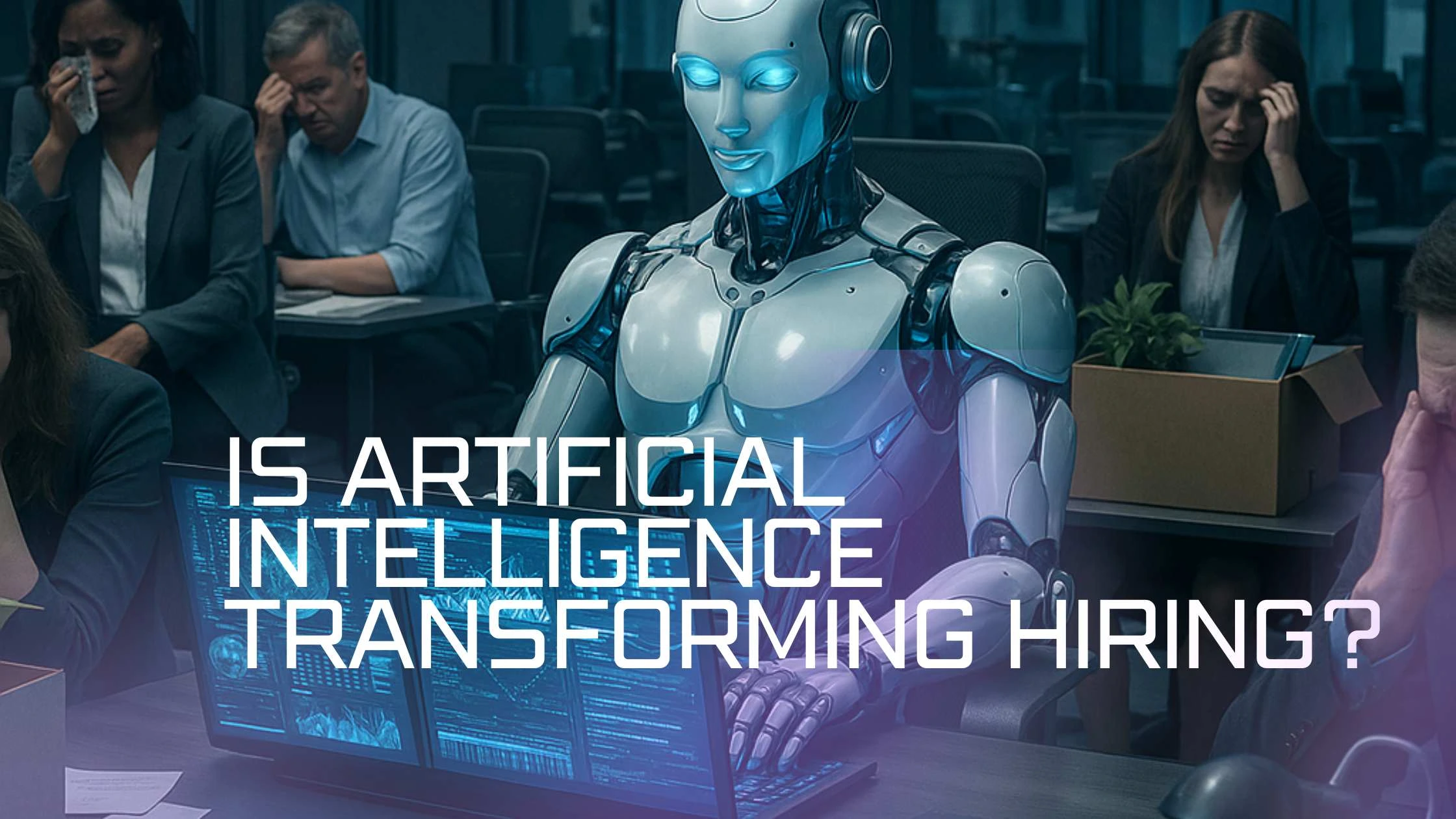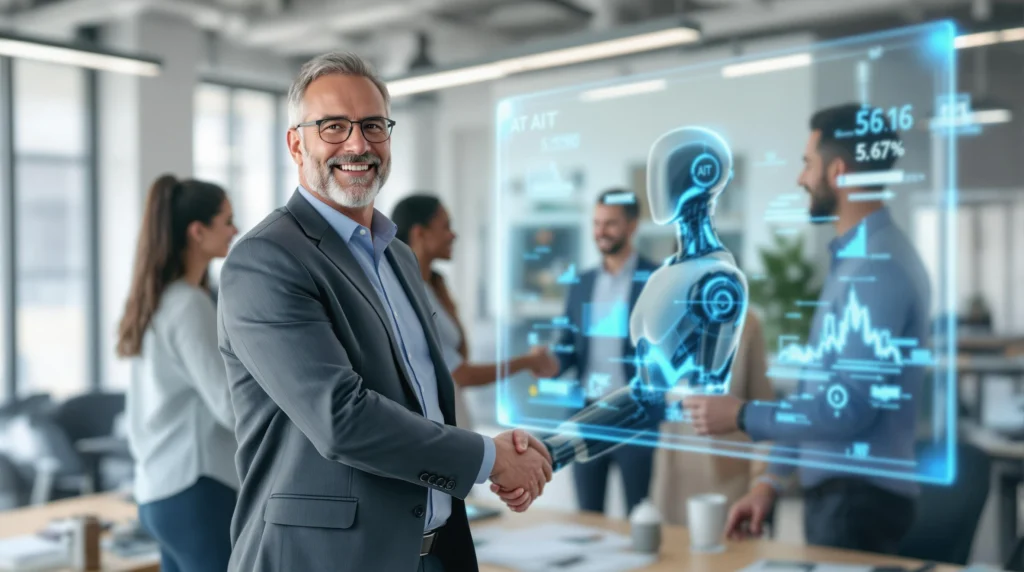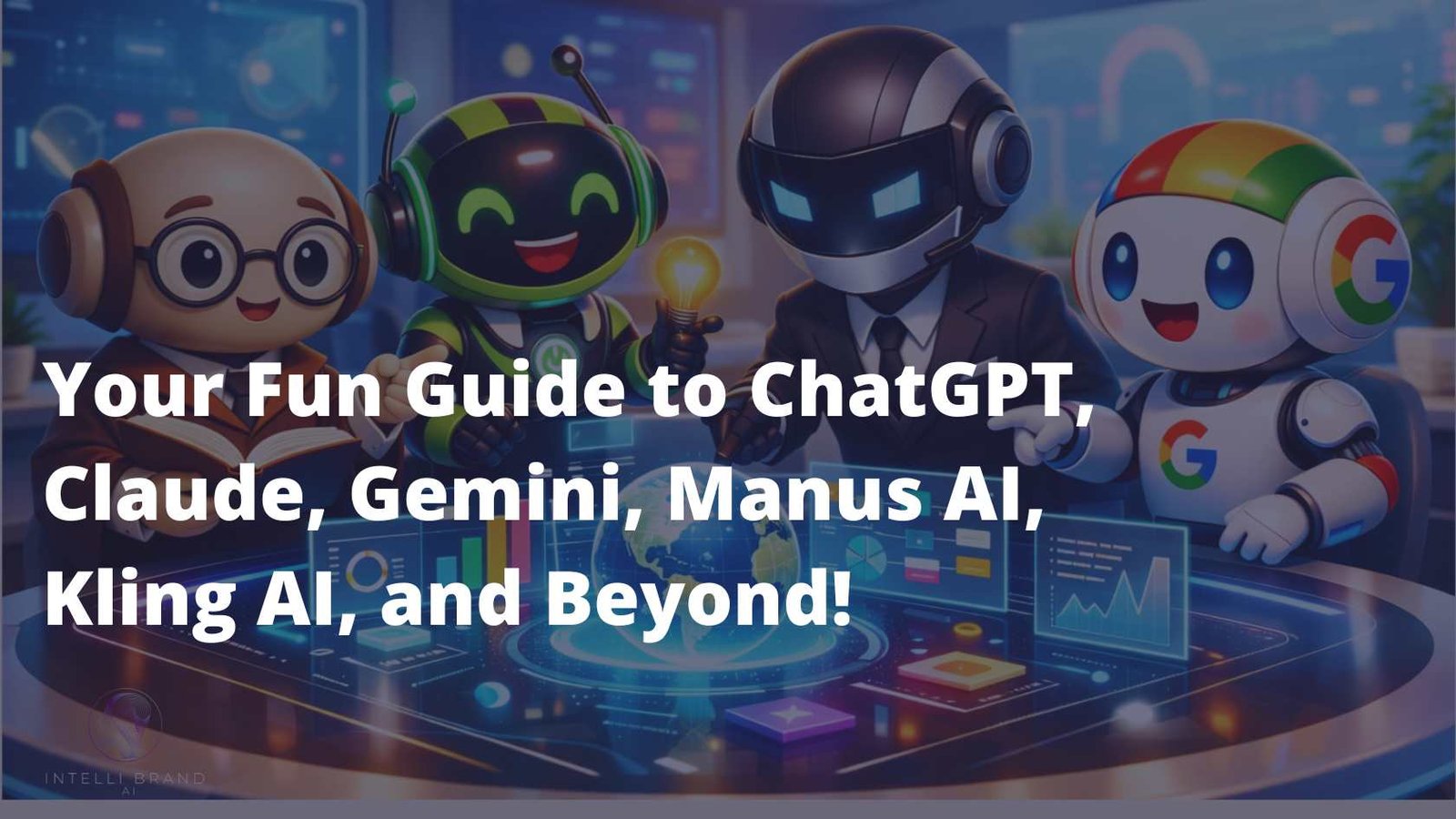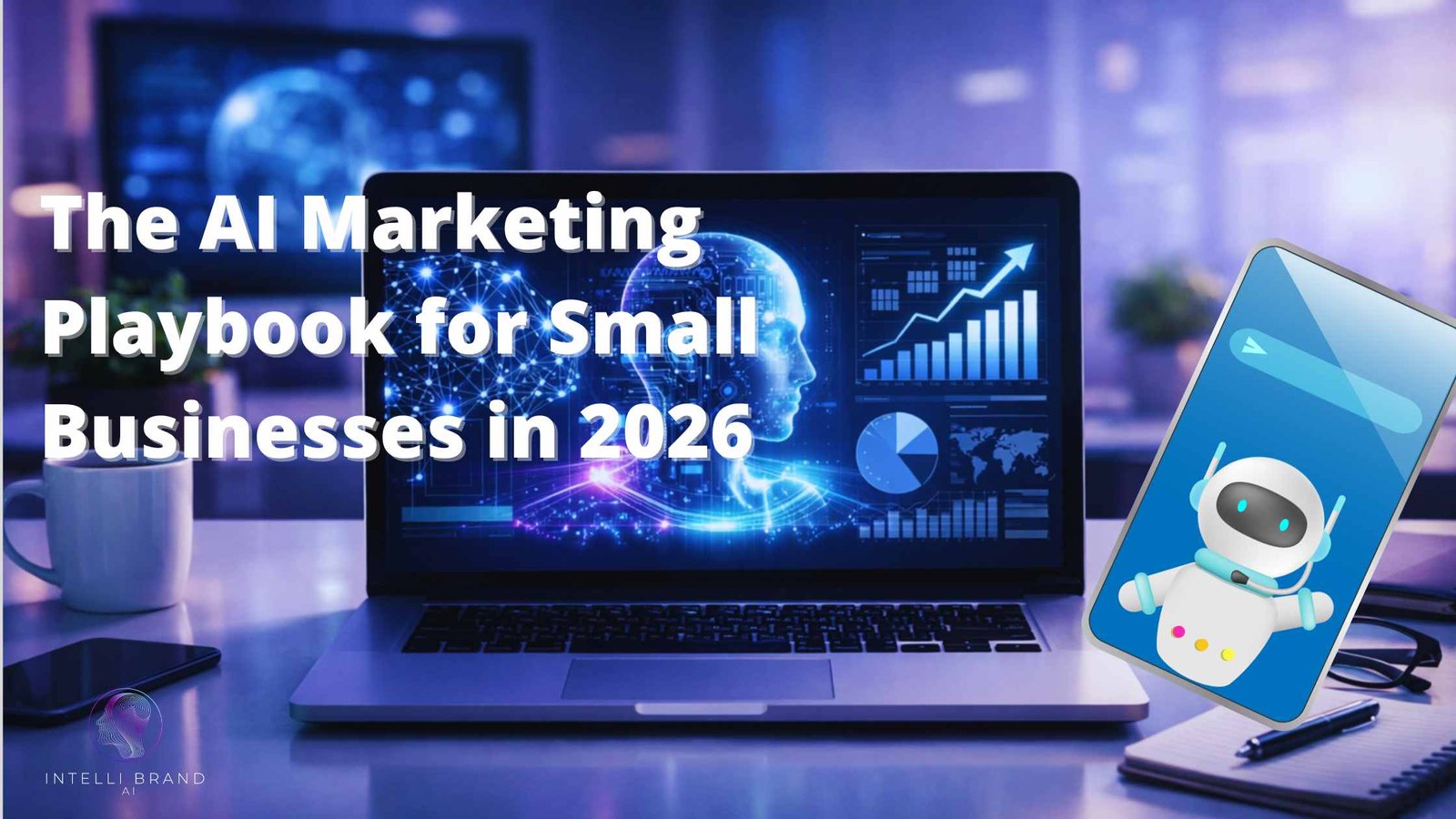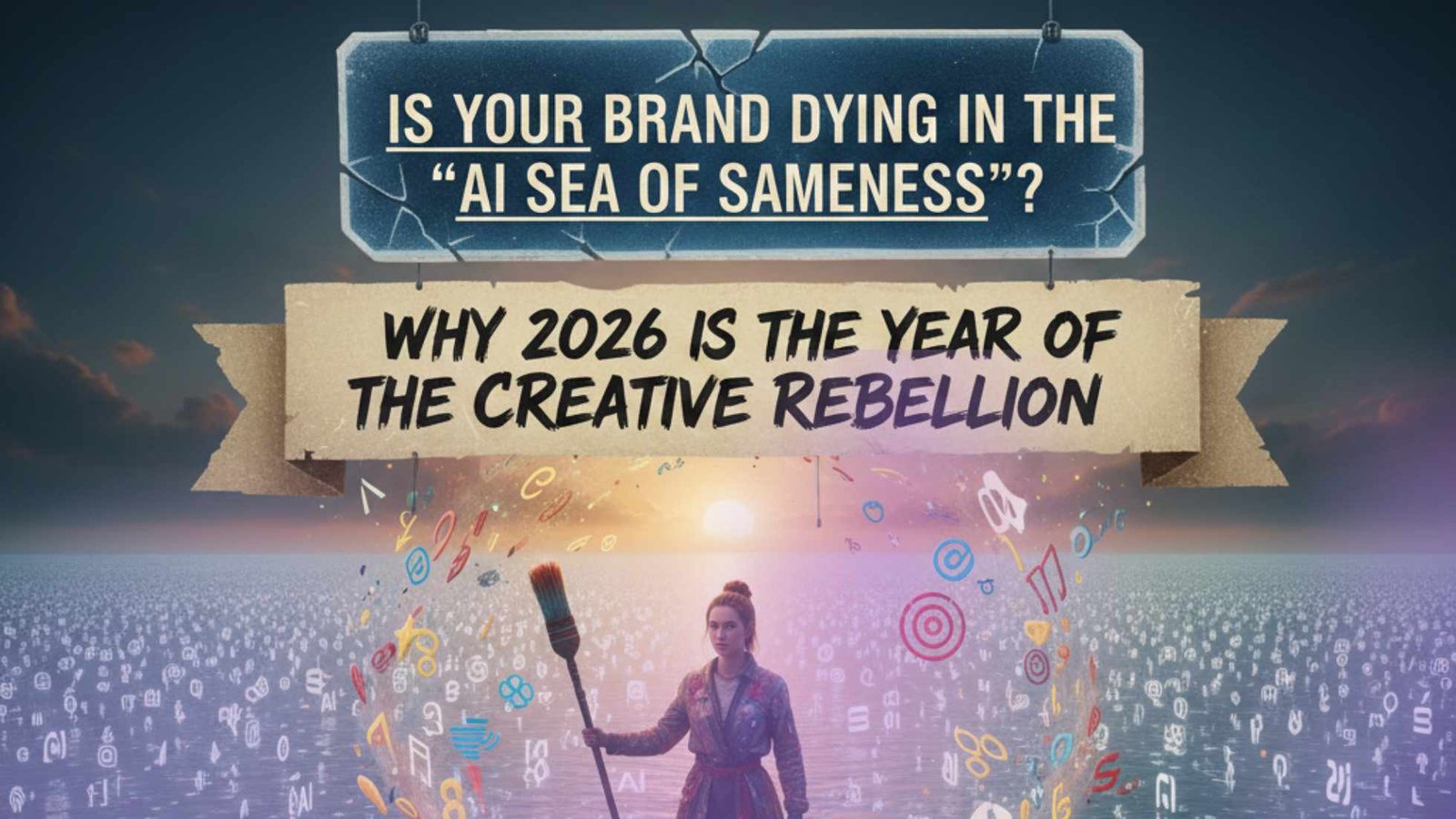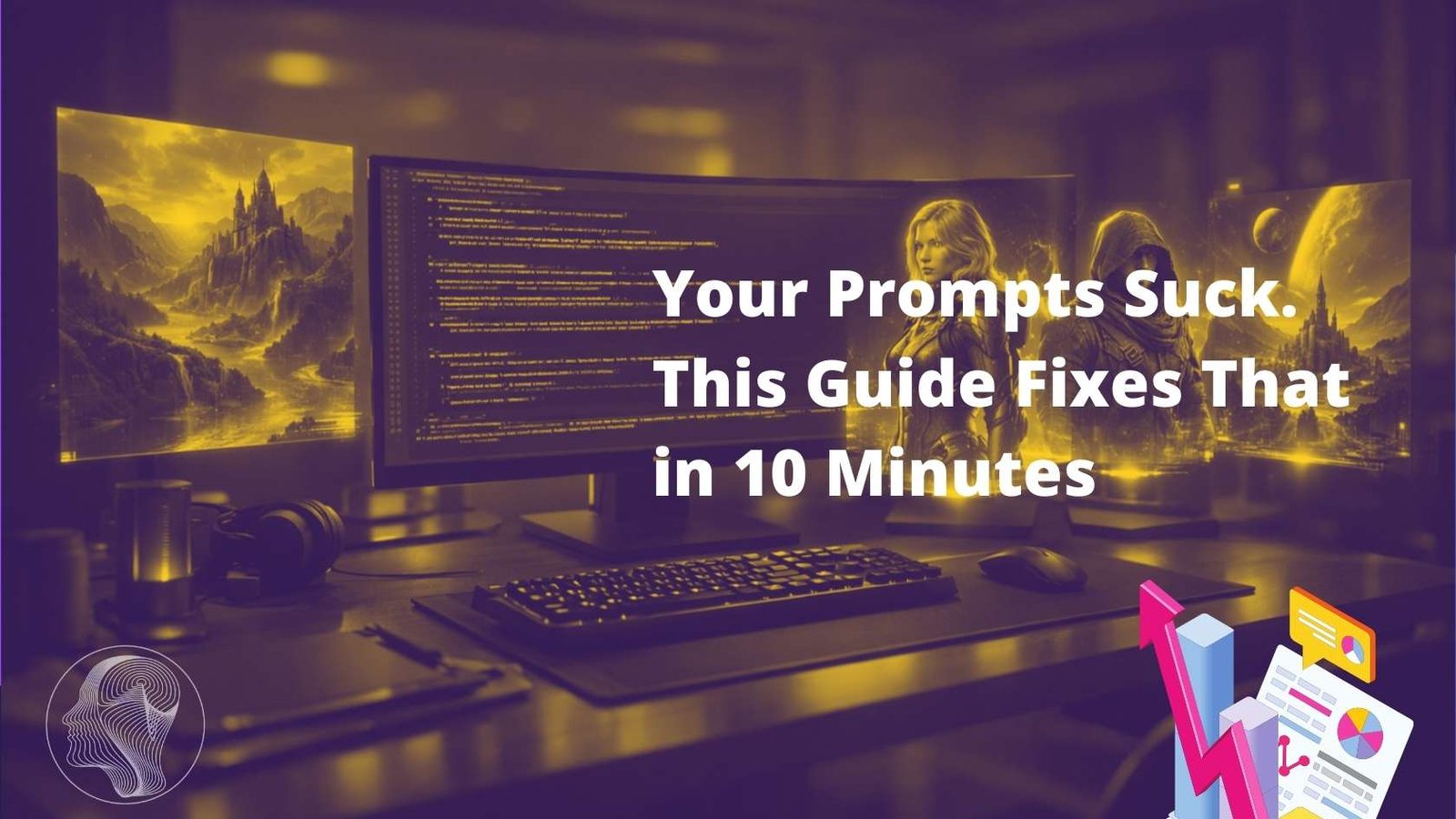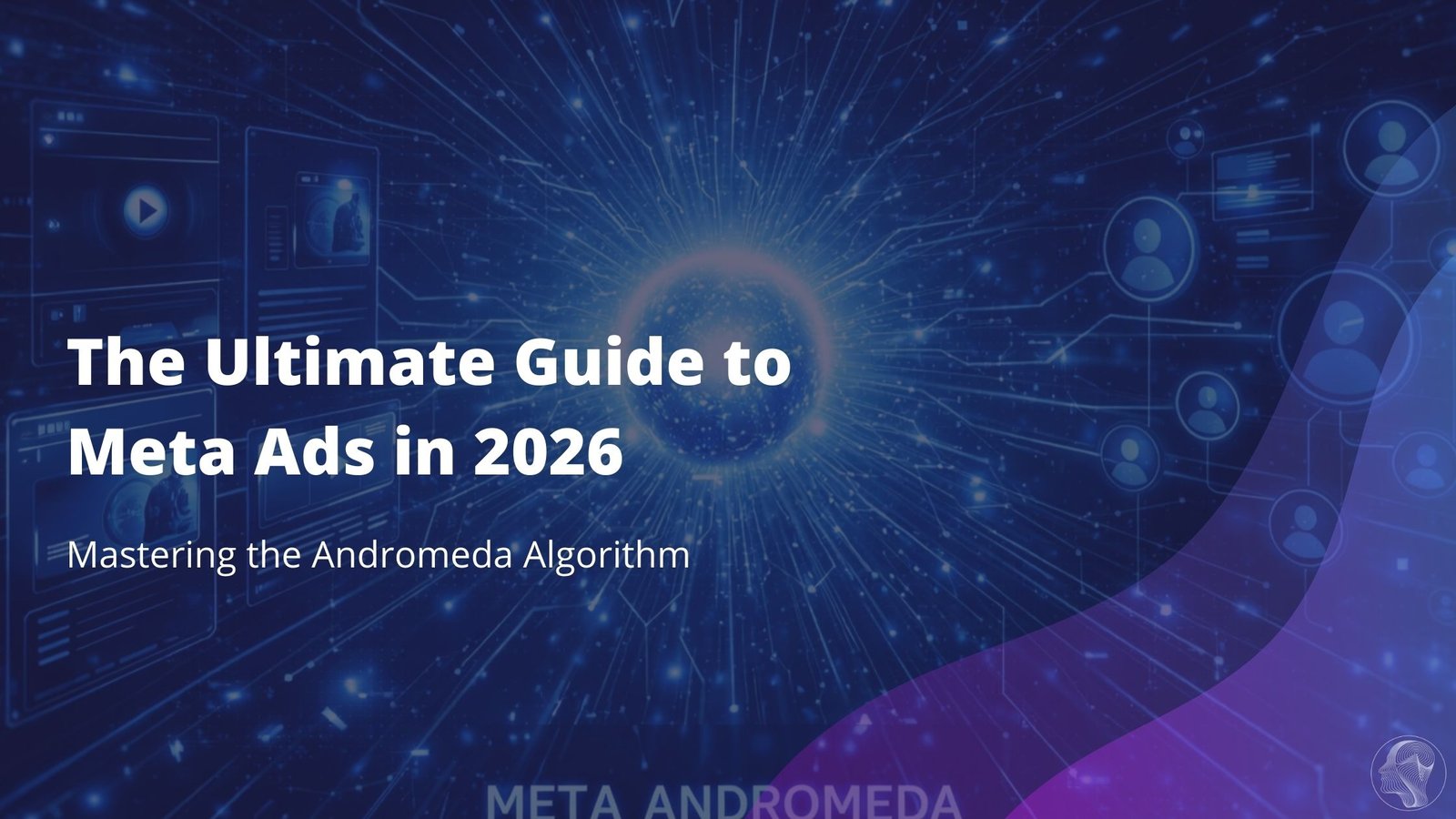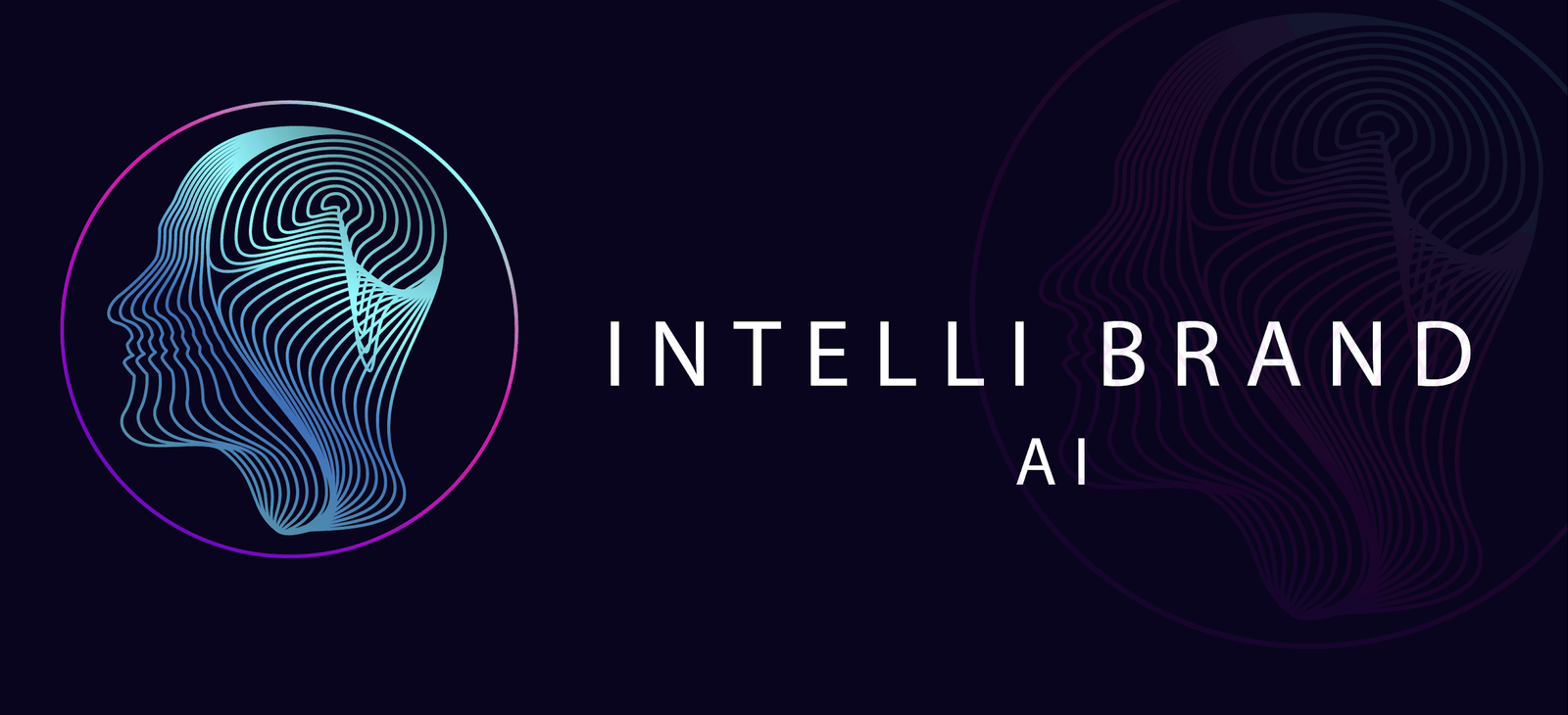Artificial intelligence has arrived to stay in the business world, and HR departments are no exception. More and more companies are turning to AI tools to find the perfect candidate, but are we really improving the hiring process or just automating our biases?
Table of Contents
ToggleThe Silent Revolution in Human Resources
Imagine being able to review 1,000 resumes in minutes, automatically identify the most promising candidates, and even conduct preliminary interviews without human intervention. This is no longer science fiction—it's the reality many companies are living today.
According to Gartner, by 2025, most large organizations will use AI as a fundamental part of their hiring processes. This isn't just a passing trend; it's a complete transformation of how companies search for talent.
Real Cases Making a Difference
Unilever has revolutionized its hiring process using AI to analyze video interviews. Their system evaluates candidates' facial expressions, tone of voice, and word choice. The results have been impressive: they reduced hiring time by 75% and increased diversity in their hires.
Meanwhile, Hilton implemented an AI chatbot that interacts with candidates 24/7, answering questions and maintaining engagement throughout the recruitment process.
The Game-Changing Advantages
1. Efficiency That Makes a Difference
AI can process information at a speed no human could match. While an experienced recruiter might review 50 resumes in an hour, an AI system can analyze thousands in the same time, identifying patterns and matches that might go unnoticed. McKinsey research shows that companies using AI in recruitment see up to 50% reduction in time-to-hire.
2. Reduction of Human Bias
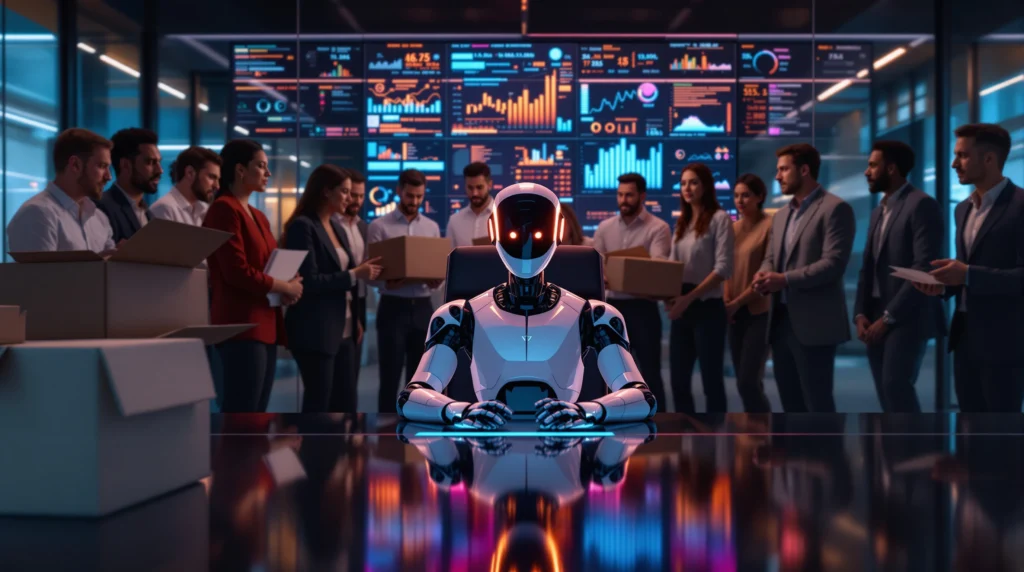
We all have biases, even the most experienced HR professionals. AI promises to evaluate candidates solely on their skills, experience, and qualifications, regardless of gender, age, or background. In theory, this should create more equitable opportunities for everyone. Harvard Business Review research indicates that when properly implemented, AI can reduce unconscious bias by up to 30%.
3. Enhanced Candidate Experience
Today's candidates expect quick responses and constant communication. AI chatbots can provide instant feedback, answer common questions, and keep candidates informed about their application status, even outside business hours.
The Dark Side of Automation
When Algorithms Perpetuate the Problem
This is where things get complicated. AI algorithms learn from historical data, and if that data reflects past discrimination, AI simply automates those same discriminatory trends.
A concerning example: If a company has historically hired more men than women in technical roles, an algorithm trained on that data might “learn” that men are better candidates for those positions, thus perpetuating gender inequality. MIT Technology Review has documented several cases where AI systems amplified existing workplace discrimination.
The Black Box of Decisions
Many AI tools operate as “black boxes”—they make decisions without clearly explaining why. This creates a transparency problem. How can a candidate understand why they were rejected? How can a company ensure their tools are fair?
Ethical Concerns We Can't Ignore
The use of facial recognition technology to analyze candidates' emotions and expressions has generated controversy. Many experts consider it invasive and ethically questionable. Do we really want a machine to judge our emotions to determine if we're suitable for a job? Stanford HAI research emphasizes the importance of maintaining human oversight in AI decision-making processes.
How to Implement AI Responsibly
1. Diverse and Representative Data
The key is training algorithms with diverse and representative data. This means including candidates of different genders, ages, ethnic backgrounds, and professional experiences in training datasets.
2. Regular Audits and Transparency
Companies must conduct periodic audits of their AI tools, using metrics like demographic parity and equal opportunity. Transparency isn't optional—it's fundamental to maintaining trust. SHRM guidelines recommend quarterly assessments of AI hiring tools to ensure fairness and compliance.
3. Human-AI Collaboration
The future probably won't be completely automated. The combination of human intuition with AI efficiency could be the perfect formula: using AI for initial screening and data analysis, but keeping final decision-making in human hands.
AI and workplace diversity
Governments are starting to pay attention. The European Union is already developing regulations for AI use in the workplace, and other countries are likely to follow suit. World Economic Forum reports predict comprehensive AI hiring regulations by 2026.
Emerging Technologies
Natural Language Processing (NLP) and sentiment analysis are taking AI in hiring to the next level. These technologies can analyze not just what candidates say, but how they say it, providing deeper insights into their suitability for the role. IEEE Spectrum explores how these technologies are reshaping recruitment landscapes.
Human-AI Collaboration
The future won't be about replacing human recruiters, but about enhancing their capabilities. AI will handle repetitive tasks and data analysis, while humans focus on relationship building and strategic decision-making. Deloitte Insights suggests this hybrid approach increases hiring success rates by 40%.
Navigating the Future Responsibly
AI in hiring isn't inherently good or bad—it's a powerful tool that can be used to create more equitable opportunities or to perpetuate existing inequalities. The difference lies in how we implement it.
Companies that want to leverage AI benefits while minimizing risks must:
- Prioritize diversity in their training data
- Maintain transparency in their processes
- Conduct regular audits of their systems
- Maintain human oversight in critical decisions
The future of hiring is already here, and it's in our hands to ensure it's fair, ethical, and beneficial for everyone. The question isn't whether we should use AI in our hiring processes, but how we can do it responsibly.
For more insights on implementing ethical AI in your organization, explore resources from PwC's AI and Workforce Evolution research.
FAQs
Can AI completely eliminate bias in hiring?
Not completely, but it can significantly reduce it if implemented with diverse data and regular audits.
Which AI recruiting tools will be most popular in 2025?
Platforms like HireVue, Pymetrics, and Workable lead the market thanks to their integration of AI and advanced analytics.
Is it legal to use AI to analyze emotions in interviews?
It depends on the country and the regulations in place. The EU is developing specific regulations to protect privacy and fairness.

